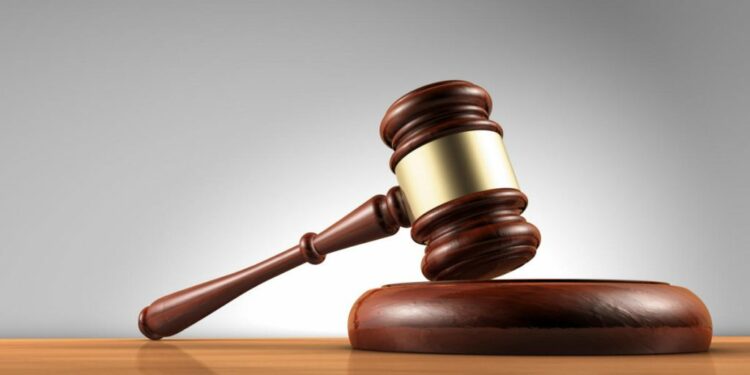TikToker Arraigned for Publication of False News Alleging Plot Against Vice President
A 41-year-old trader and social media user, Belinda Bosompimaa, has been arraigned before the Accra Circuit Court on charges of publishing false news, following allegations that she disseminated unfounded claims about a plot to poison Ghana’s Vice President, Professor Jane Naana Opoku-Agyemang.
Bosompimaa, who operates the TikTok account @ben.ben, pleaded not guilty to the charge and was granted bail in the sum of GH₵50,000 with two sureties by presiding judge Mr. Kwabena Kodua Obiri Yeboah. The case has been adjourned to July 17, 2025, for mention.
The allegations, which surfaced on social media in late June 2025, involved claims that certain members of the opposition National Democratic Congress (NDC) were conspiring to harm the Vice President. Additional posts attributed to Bosompimaa included false assertions about the family life of former President John Mahama, including the parentage of his daughter, Farida Mahama.
According to the prosecution, led by Chief Inspector Maalo Jacob Kuubal, the National Intelligence Bureau (NIB) intercepted the content and traced it to Bosompimaa, who was arrested in Kumasi on June 26, 2025. She reportedly admitted to posting the material but claimed it had been “mimicked and reposted” from other TikTok creators known by the handles “Ghana Jollof Still Osama” and “Obaa Tiwah Vimpower.”
Prosecutors argued against the grant of bail, warning that Bosompimaa could delete potential evidence from her devices. They confirmed that her mobile phones had been seized, with an ex-parte application filed to gain access to the contents.
In her defence, Bosompimaa’s legal team contended that she had already been held for more than 96 hours, far exceeding the constitutionally mandated 48-hour limit for police custody without charge. Her lawyers further argued that she is a single mother of two children and the sole caregiver for her ailing mother in Kumasi, appealing to the court’s discretion for bail.
The case has reignited public debate over the spread of misinformation on social media platforms, particularly in the context of Ghana’s political landscape as the country approaches its next general election.
Legal analysts say the case will test the enforcement of Ghana’s criminal statutes on false publications while highlighting broader concerns over digital accountability, freedom of expression, and the role of state security agencies in monitoring online content.
No formal statement has been issued by the Office of the Vice President or the NDC on the matter.








